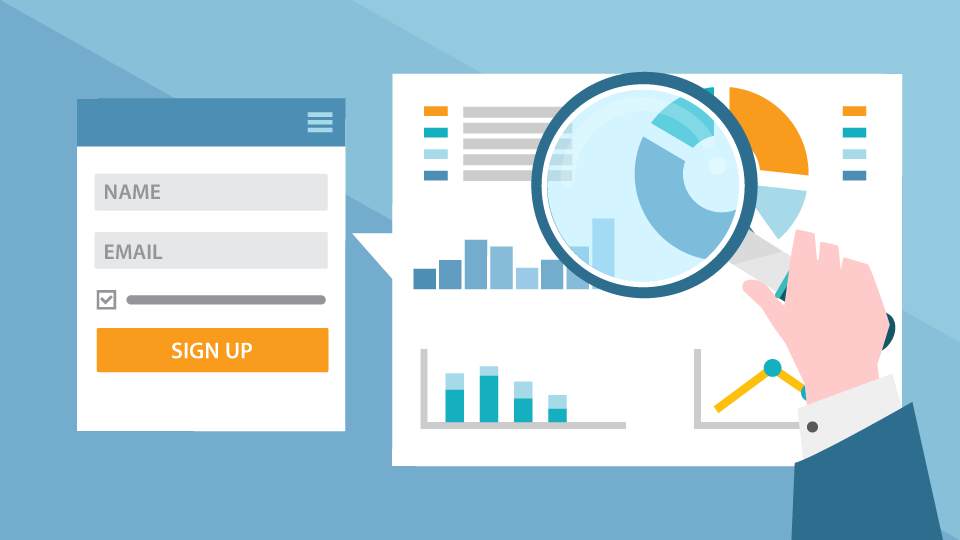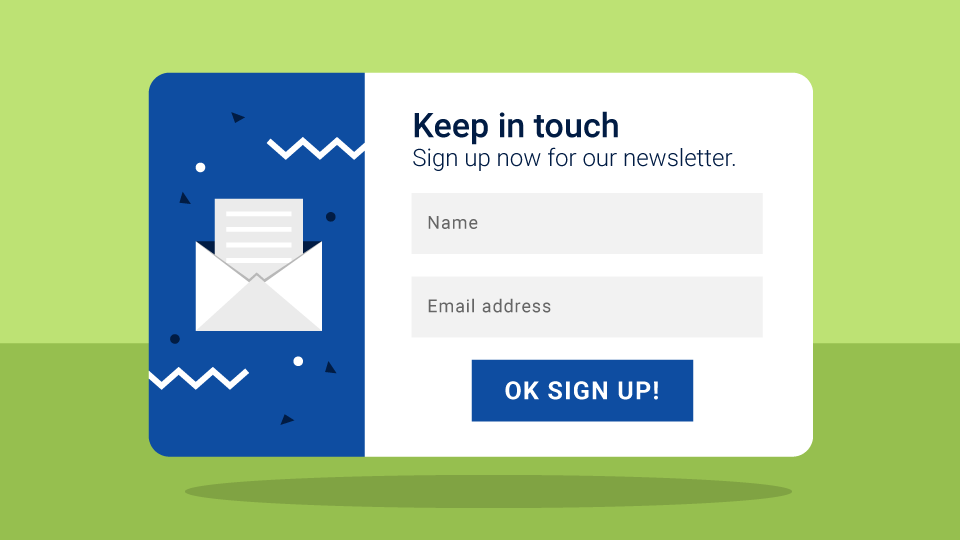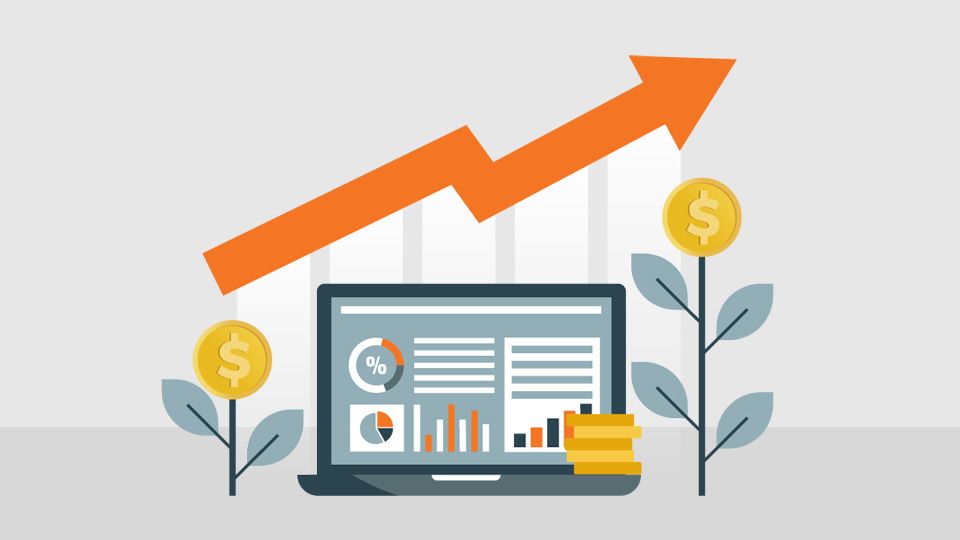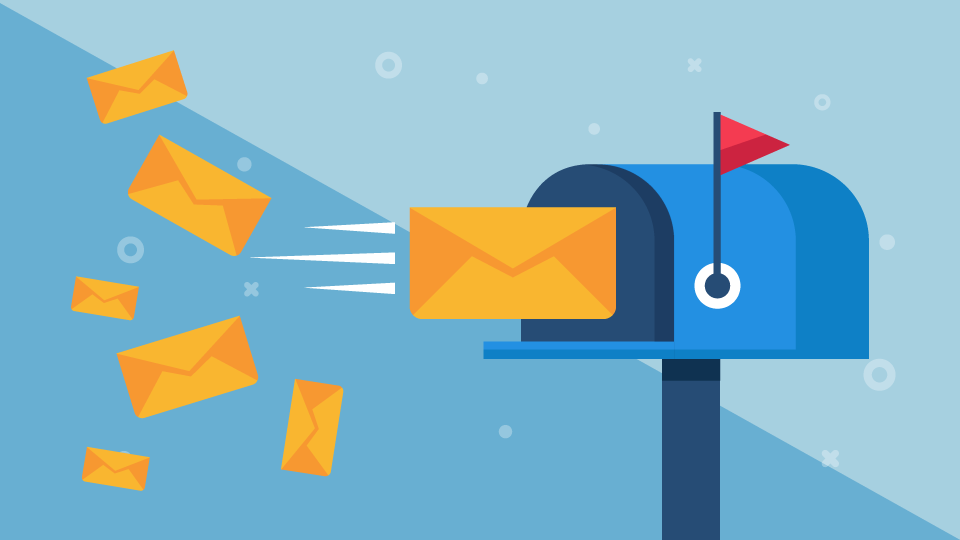At Emailchef, we are aware of our responsibilities and we are share the concern to protect all Internet citizens’ privacy rights. We vigorously oppose any kind of unsolicited emailing (spam).
Emailchef does not allow anyone to use its services for the purpose of sending spam. We refuse business from known spammers. If a current Emailchef customer uses our services to spam anyone, his/her service contract will be voided without refund.
If a recipient calls our offices and requests to be manually removed from a customer’s list, we will unsubscribe him/her from the customer’s account.
There are three ways by which a customer may violate this Anti-Spam policy:
1. By sending spam.
2. By not responding properly to an inquiry from a Emailchef staff member about the source of a particular email list or email address.
3. By sending to a recipient that has previously unsubscribed from your account.
Emailchef may determine at its sole discretion whether a customer is spamming. There are a number of factors Emailchef uses to determine it, including, but not limited to: complaints sent to abuse report addresses, SpamCop reports, complaints sent to any of Emailchef’s upstream providers, and evaluating a customer’s email statistics and recipient addresses. All decisions made by Emailchef regarding a customer’s use of our service are final.
More info about Spam
Definition of Spam
Spam is unsolicited email sent in bulk. Any promotion, information or solicitation that is sent to a person via email without his/her prior consent, where there is no pre-existing relationship between the sender and the recipient, is
spam.
Examples of Spam
1. Any email message that is sent to a recipient who had previously signed up to receive newsletters, product information or any other type of bulk email but later opted-out by indicating to the sender that they did not want to receive additional email, is spam.
2. Any email message that is sent to recipients that have had no prior association with the organization or did not agree to be emailed by the organization is spam.
3. Any mass email campaign that is sent to a recipient without a way for a person to opt-out or request that future mailings not be sent to them, is spam.
4. Any email message that does not have a valid email address in the From Line is spam.
5. Any email message that contains any false or misleading information in the header, subject line or message itself is spam.
6. Any email that says you can earn $1000s each week from home is spam.
7. Any email message that promotes an adult web site is spam, unless the recipient has specifically requested information from that web site.
8. Any message that contains “ADV:”, “ADV ADLT:”, or “ADV ADULT” in the subject is spam.
9. Any message that is sent to email addresses that have been harvested off of web sites, newsgroups, or other areas of the Internet is spam.
10. Any message that is sent to email addresses that have been gathered via “email appending”, also known as, e-pending, is spam. E-pending is the practice of merging a database of customer information that lacks email addresses for the customers with a third party’s database of email addresses in an attempt to match the email addresses with the information in the initial database.
What is not Spam
1. An email message is NOT spam if the recipient in anyway requested email be sent to them from the sender or the sender’s organization.
2. Anytime an organization sends a mass email message to one of its customers, it is NOT spam provided that the organization offers a way for the customer to opt-out of future mailings and that the customer did not previously opt-out.
3. An email message is NOT spam when sent to recipients who agreed to receive information or promotions from a partner organization (as long as there is a clear opt-out option).
Any customer that sends spam is in violation of this Anti-Spam policy.
The Complaint Response Process
How we deal with complaints
Even though a customer may not be sending spam, complaints may still be received by Emailchef from a customer’s recipients. It is EmailChef’s policy to respond individually to every complaint, so that the complainant knows his/her address was not harvested, sold, rented, or otherwise improperly added to a customer’s lists. The EmailChef Abuse staff takes the following steps anytime a complaint is received:
1. Contact the Email Manager for the customer’s account with a Emailchef Abuse Inquiry. This inquiry will ask the customer to confirm the email address source, in general, and also to provide all specific information available regarding the particular email address in question. Customers should respond within two business days of receiving an Abuse Inquiry from Emailchef. Failure to respond to the Abuse Inquiry is in itself a violation of this policy. Failure to provide all requested information about the email address in question is a violation of this policy. The customer may not respond directly to the complainant without prior approval from the EmailChef Abuse staff.
2. The Emailchef Abuse team reviews the customer’s response and the entire complaint and determines whether or not the customer is in compliance with this policy.
3. Emailchef will respond to the complainant. As long as the customer has been adhering to this policy, Emailchef will simply respond to the complainant letting him know how he opted in to receive emailings and reassure him that his email address has been unsubscribed from future mailings. We carbon copy the customer on our response to the complainant.
4. Should the customer be found to be in violation of this policy, the customer will receive a spam determination response from our Abuse team with specific information related to the violation.
Why do we respond individually to every complaint?
We need to make sure that we serve our customers in the best way possible. Proper response to spam complaints is essential to ensuring our reputation with email providers all over the world. If Emailchef is used to send spam or if we do not respond to spam complaints to inform the complainants that they did indeed sign up for our customer’s emailings, then we risk tainting our relationship with ISPs around the world and having our servers blocked by them.
We are here to help our customers maximize the effectiveness of their emailings, educate them as to the best email practices, and help them to avoid spam complaints.
Required Elements on Every Mass Email
If Emailchef is used to transmit a mass email campaign as opposed to single-recipient transactional email, the email message must contain:
1. Information on how the recipient joined the list
2. An unsubscribe mechanism, such as an unsubscribe link (for HTML messages) or instructions to reply back with “unsubscribe” in the Subject line (for plain text messages)
3. The sender’s postal address
To pose questions about this Anti-Spam Policy, or to report spamming activity by one of our customers, please contact our abuse department at:
Delivery Tech Corp.
4411 Morena Blvd #230
San Diego, CA 92117
Email to: abuse AT emailchef.com







